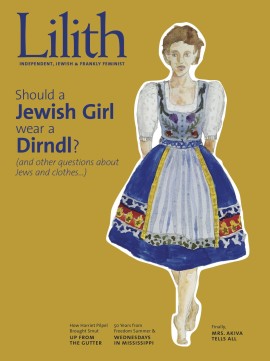Winter 2013-2014
In this issue: The politics of paradox—finding Jewish meaning in unexpected places. The occluded Jewish core that drove a white, middle-class mom to lead risky civil-rights missions into Mississippi 40 years ago. An annual bacon sandwich that honors the legacy of Holocaust-survivor grandparents. And the recrudescence of the Austrian national dress — why Jewish teen girls in Europe now love a dirndl.
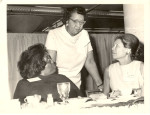
The Politics of Paradox
Some of our most Jewish acts are driven by paradox. Here, three fascinating and very different angles on some unexpected twists of Jewish identity.
- Wednesdays in Mississippi by Holly Cowan Shulman
- BLT Judaism by Rachel Kadish
- Should a Jewish Girl Wear a Dirndl? (And Other Questions About Jews And Tracht) by Karen Engel
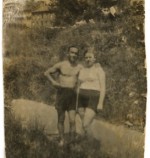 Subscriber Exclusive
Subscriber Exclusive Four Photographs of Rukhl
by Miriam Isaacs
The author would never have been born if the woman in these pictures had survived. Read Isaacs’s homage to her father’s first wife.
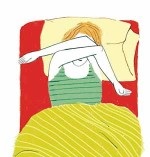
How Not to Trust
by Rachel Maizes
A resilient girl foils assault, thanks to the awkward lessons learned in her own unreliable family.
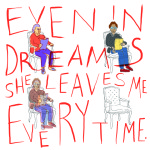 Subscriber Exclusive
Subscriber Exclusive Even in Dreams, She Leaves Me Every Time
fiction by Hilary Zaid
I thought I’d found a clever way around this ending, and yet we’re barreling toward the moment that always leaves me smeared and choking on my pillow.
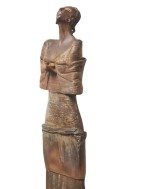
Mrs. Akiva Speaks
by Yochi Brandes, translated from the Hebrew by Ilana Kurshan
The life of Rabbi Akiva’s wife, told in her own words, topped the fiction charts in Israel. Find out why.

The Woman Who Brought Smut Up from the Gutter
by Josh Lambert
Pioneering anti-obscenity lawyer Harriet Pilpel (Columbia Law ’36) understood
that both birth control and Ulysses were banned for offending “gentlemen of the upper middle class.”
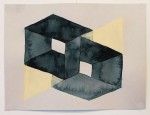
Poetry
- My Grandfather Changes His Last Name poetry by Penny Perry
- Chet poetry by Sheri Allen
- Always a Desert poetry by Gili Haimovich, translated from the Hebrew by Dara Barnat
Deborah E. Lipstadt on "Resistance: Jews and Christians Who Defied the Nazi Terror"
Yona Zeldis McDonough on "A Cultural History of Jewish Dress"
Tammy A. Hepps on "She Wrote on Clay"
Ilana Kurshan on "A Feminist Commentary on the Babylonian Talmud"
Sarah Seltzer on "Unclean Lips: Jews, Obscenity, and American Culture"
Ilana Kramer on "The Devil of Williamsburg"
Elizabeth Mandel on "Our Fists: Abusive Men on the Journey to Nonviolence"
Julie R. Enszer on "Growing Up Golem: How I Survived My Mother, Brooklyn and Some Really Bad Dates"
 Please wait...
Please wait...
